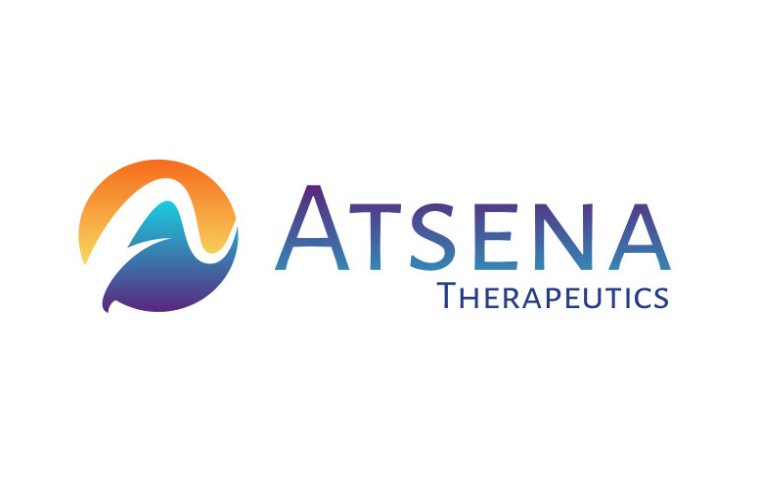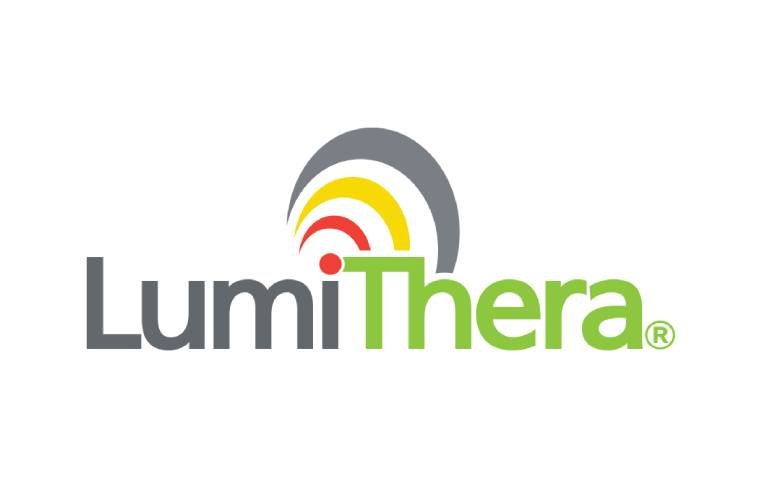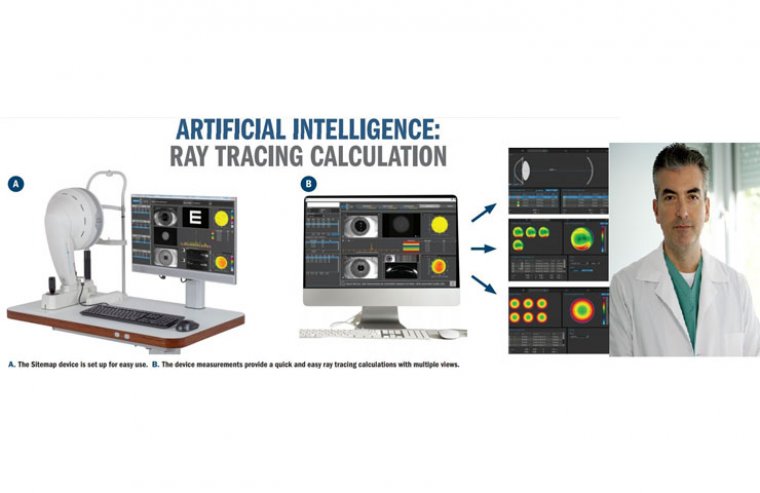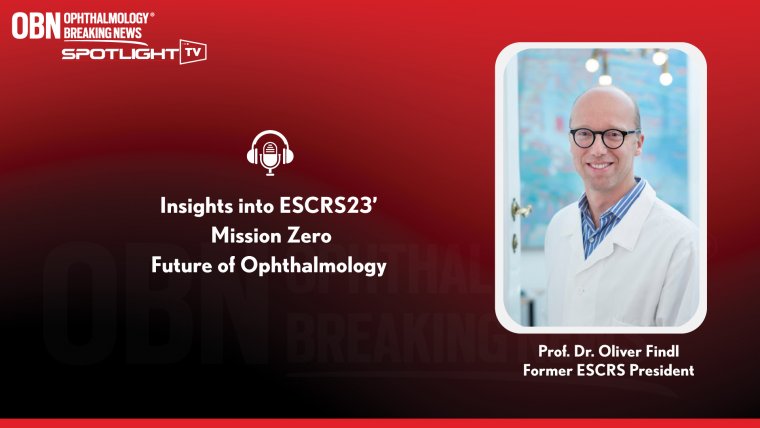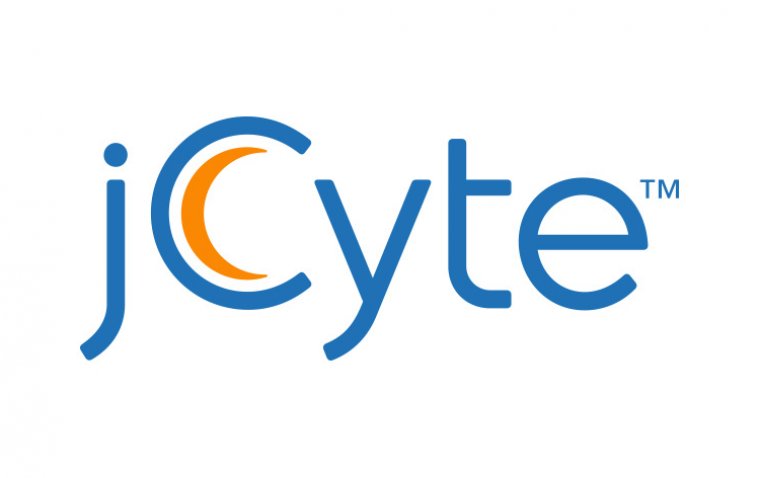
Rezolute Announces Positive Phase 2 Results for Oral Drug in DME Patients
Rezolute announced promising topline results from its Phase 2 clinical study of RZ402. This study targeted patients with diabetic macular edema (DME) who were either naïve to or had limited exposure to anti-vascular endothelial growth factor (anti-VEGF) injections.
Monumental Results for the DME Community
According to Quan Dong Nguyen, MD, MSc, FAAO, FARVO, FASRS, Professor of Ophthalmology at the Byers Eye Institute, and a member of Rezolute’s Scientific Advisory Board, the results are monumental for the DME community. "I am impressed by the significant reduction in CST in this study across all three dosages as retinal thickness is the key biomarker to determine whether a therapy may offer a potential benefit to patients. These data are very encouraging and are supportive of the potential for a new first-line, non-invasive treatment for DME."
The U.S.-based multi-center study involved 94 participants in a randomized, double-masked, placebo-controlled, parallel-arm design to evaluate the safety, efficacy, and pharmacokinetics of RZ402 as a monotherapy over a 12-week treatment period.
Arshad Khanani, MD, MA, FASRS, Clinical Professor at the Reno School of Medicine, University of Nevada, and the Primary Investigator of the study, expressed optimism about the findings. "I am encouraged to see the initial results of this proof-of-concept study and am enthusiastic about the possibility of an oral therapy to treat DME. Importantly, an oral therapy would afford us the opportunity to address both eyes and intervene much earlier, potentially altering the long-term prognosis for individuals with DME."
Study Design and Eligibility Criteria
The study enrolled patients with mild to moderate non-proliferative diabetic retinopathy (DR) and specific criteria for central subfield thickness (CST) and best corrected visual acuity (BCVA). Key eligibility criteria included:
● DME patients with mild to moderate non-proliferative diabetic retinopathy (DR)
● No more than three anti-VEGF injections previously, with none within eight weeks of randomization
● CST of ≥320 microns in males and ≥305 microns in females
● BCVA of ≤78 letters on the Early Treatment Diabetic Retinopathy Study (ETDRS) assessment
Participants were randomized equally to one of three RZ402 active treatment arms (50, 200, and 400 mg) or a placebo control arm, receiving the study drug once daily for 12 weeks, followed by a four-week follow-up period.
Primary Endpoints and Key Findings
RZ402 successfully met both primary endpoints of reducing macular edema (CST) and maintaining a good safety profile. The study reported significant improvements in CST across all RZ402 dose levels compared to placebo, with a maximum reduction of approximately 50 microns (p=0.02). A continued downward trajectory in CST was observed throughout the study and at the end of the treatment period.
Although there was no significant difference between the dose levels, the 200 mg dose showed the largest response. A sub-analysis based on DME severity (CST ≥400 microns) indicated an improvement of approximately 75 microns at the 200 mg dose. Additionally, most patients receiving the 200 mg dose experienced clinically significant improvements from baseline, with more than 20% showing marked progress compared to no significant improvement in the placebo group.
RZ402 was found to be safe and well-tolerated, with adverse events (AEs) generally mild and comparable to placebo. There were no ocular adverse effects typically associated with intravitreal injections. Moreover, ECGs, vitals, and safety lab results were unremarkable, and target concentrations were exceeded at all three dose levels, supporting the once-daily oral dosing regimen.
Secondary and Additional Endpoints
While no significant improvements in BCVA compared to placebo were noted, this was in line with expectations for a study of this duration. The observed improvements in CST are anticipated to predict visual improvements in longer studies. Notably, five participants treated with 200 mg of RZ402 experienced a 1-step improvement in the Diabetic Retinopathy Severity Score (DRSS), compared to one participant in the placebo group.
About DME
Diabetic macular edema (DME) is a complication of diabetes that affects the macula, the central part of the retina responsible for sharp, straight-ahead vision. It occurs when high blood sugar levels damage blood vessels in the retina, causing them to leak fluid and swell. This swelling can lead to vision impairment and, if untreated, can result in severe vision loss or blindness. DME is a leading cause of vision impairment among people with diabetes, making effective treatments and early interventions crucial for preserving sight and improving quality of life for those affected.
(1).jpg)

